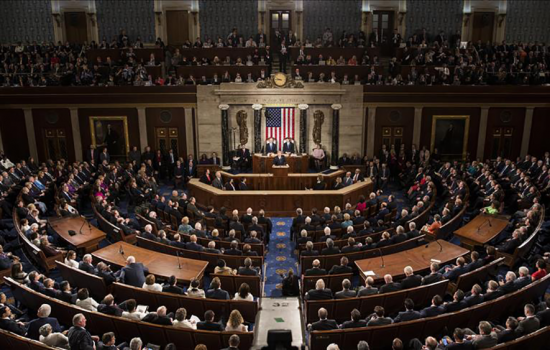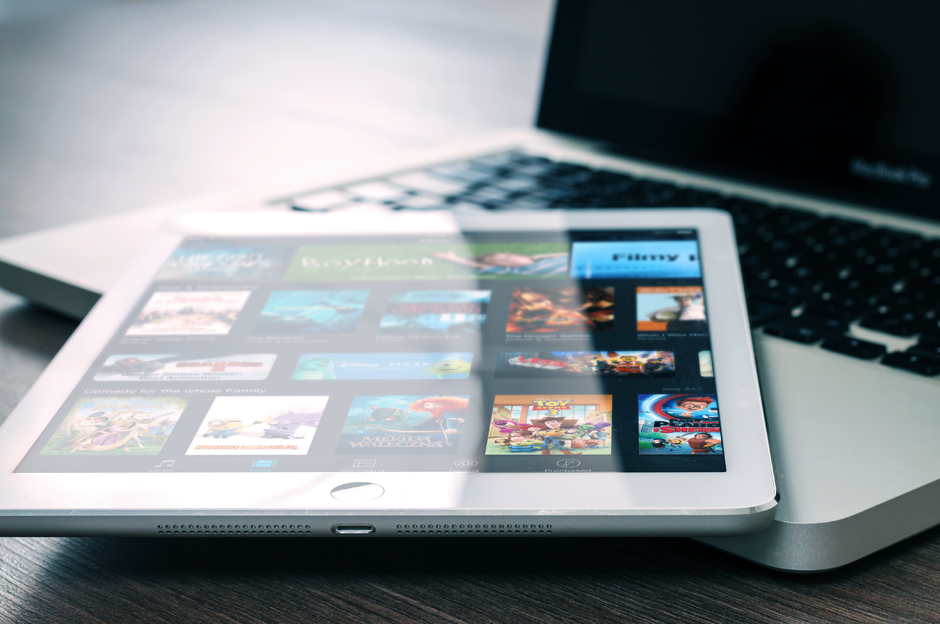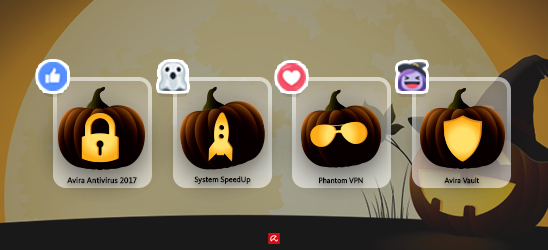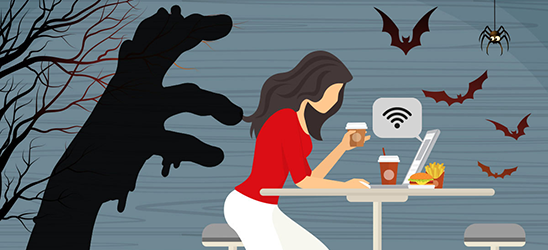
It’s a tough economy out there. Things are looking up, alright. But for some low-life criminals like Joe Crook, ANY work will always be too much work anyway. So what do people like Joe Crook do? They scheme. They’re on the lookout for the latest scam so that they can defraud you of your hard-earnt cash.
How does a vpn work?
Take VPN technology for example. For IT knowledgeable evil-doers, it’s as good a target as anything there is. The technology has been around for decades of course. In the beginning, it was meant for big businesses – and most probably it was never intended for the many purposes that it serves today (nope, it was not created with Netflix in mind!)
The original idea behind this technology was to create a private connection between multiple people and devices across the Internet. In other words, it was the Internet within an Internet: a secure, private and encrypted network keeping hackers, ransomware, prying eyes and anybody that was after your personal data.
In a way, VPN offered a perfect solution to those sharing sensitive data or looking to evade government censorship. VPNs typically allowed only authenticated remote access via tunneling protocols and other encryption techniques to prevent disclosure of private information. In short, no one knew where you surfed, what content you saw, nor where you were even surfing from. Your connection was fully encrypted!
VPN’s risks
But, sensing an opportunity, the Joe Crooks of this world came to realize people like Average Joe might have grown complacent in their use of VPN. For instance, millions connect to public Wi-Fi hotspots without thinking twice about the potential consequences. Fraudsters came to understand the technology’s possible weaknesses. And with over 280 million Internet users in the US alone, roughly 80% of which are using the web every single day, let’s just say there is plenty of fish to go after.
It’s not just traditional VPN that can be targeted
Research conducted just last year revealed that nine in 10 SSL VPNs were using insecure or outdated encryption. The large-scale study randomly scanned over 10,000 live and publicly-accessible SSL VPN servers (SSL refers to Secure Sockets Layer – it’s a form of VPN that can be used with a standard web browser).
Users’privacy
Although VPNs are meant to protect users’ privacy by setting up an encrypted tunnel between the device being used and the VPN provider’s servers, vulnerabilities are known to exist. Hackers like Joe Crook are keen to steal your data mid-transit and unfortunately are getting better at it.
So what more should you do to protect your privacy online?
When making payments online, are you unwillingly allowing hoodlums to help themselves to your credit card details? One thing for sure, our devices are getting more and more connected every day. Having access to a VPN should form part of your set of digital tools – though it isn’t a foolproof sort of firewall by any stretch of the imagination.
And for the highest level of protection look nowhere else but to Panda Security. We have developed a cyber-security platform designed to eradicate threats. Security systems are activated before threats are executed, and advanced protection for endpoints and servers helps destroy the malware before it’s too late. Now, that’s what we call protection!
We’d like to ask you about the VPNs, do you have 2 minutes ?
The post How safe are VPNs? appeared first on Panda Security Mediacenter.








